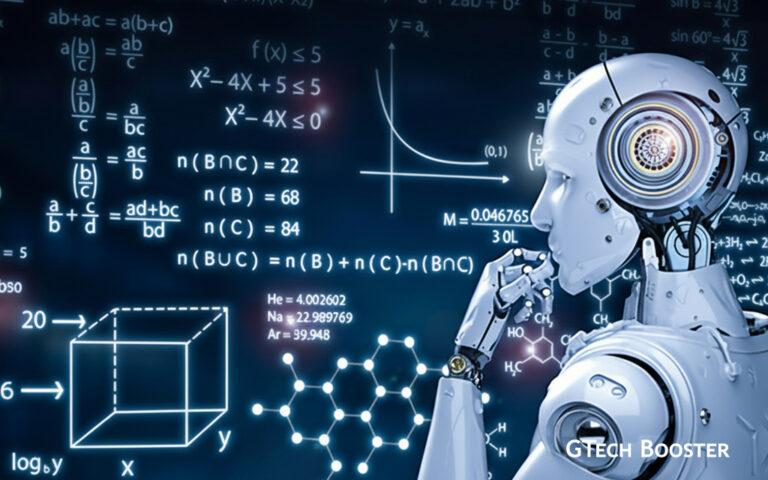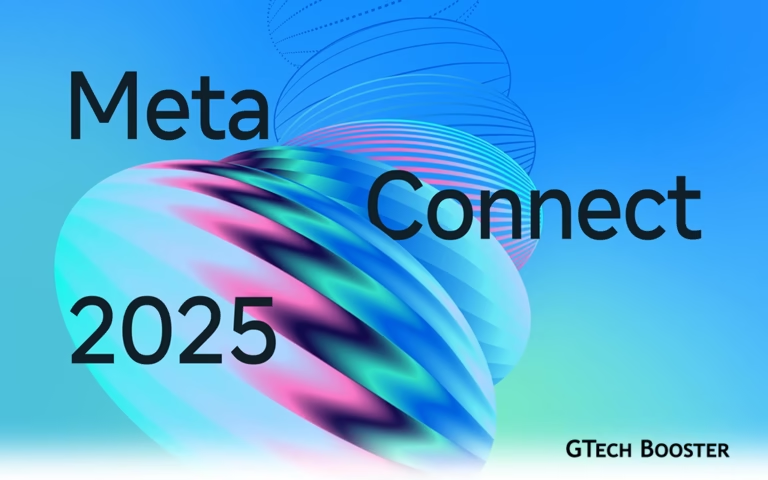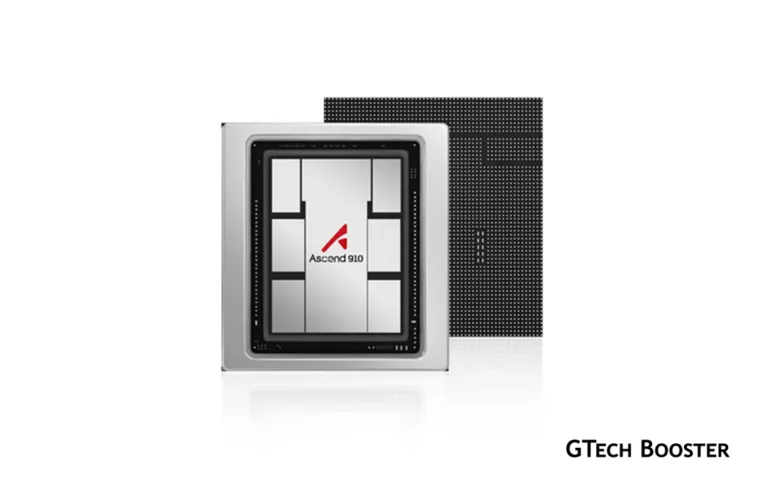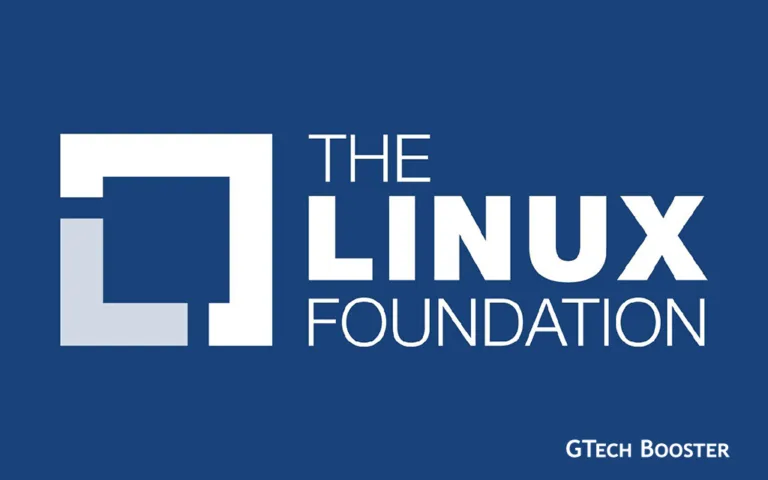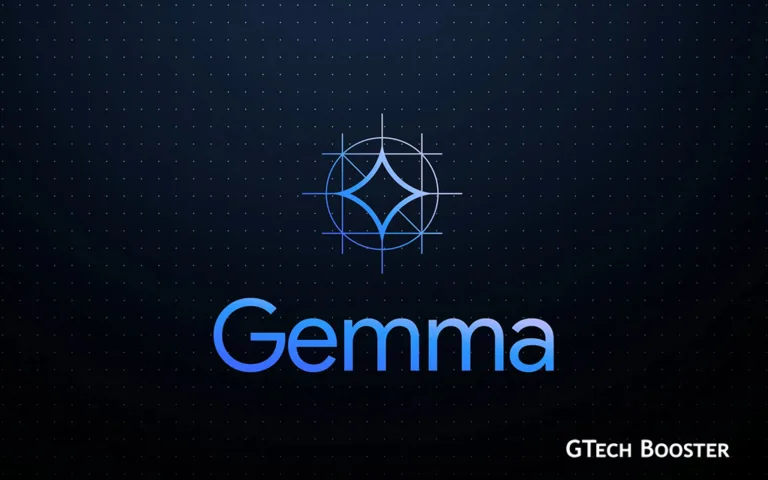The beginning of DeepMind before Google acquisition and after
Google DeepMind's mission statement is centered on advancing the field of artificial intelligence (AI) to benefit humanity by solving complex problems and driving innovation.
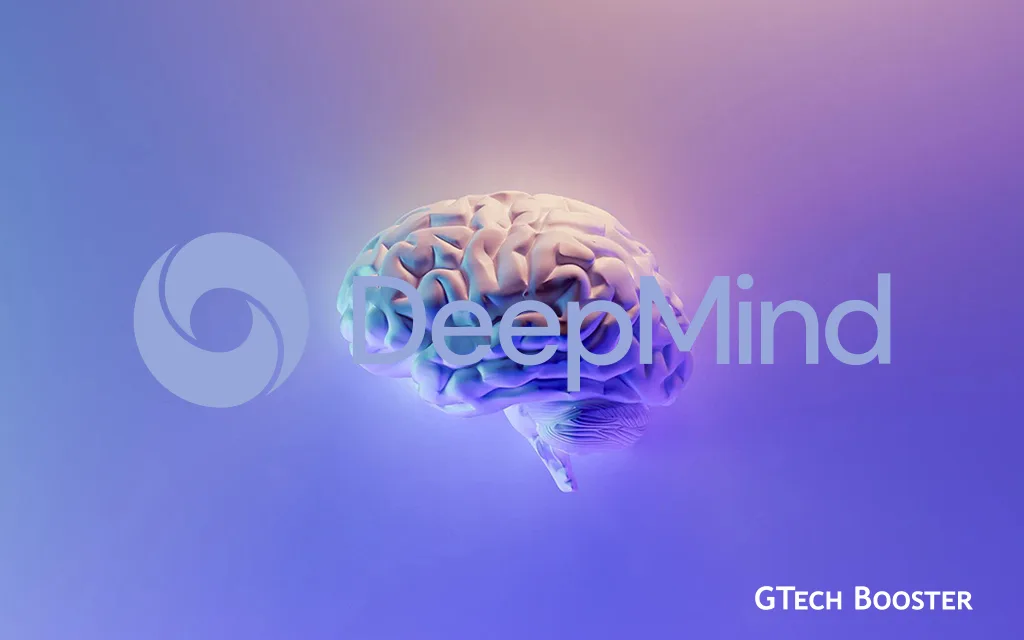
Google DeepMind is a research organization that focuses on artificial intelligence (AI) and its applications. It has been involved in breakthrough research, transformative products, and making AI more inclusive through imagery. The organization works across Google to improve products used by billions of people and is responsible for driving digital transformation through Google Cloud. Google DeepMind is also committed to ensuring that AI benefits the world and has established AI principles to address the challenges associated with advanced technologies.
DeepMind before Google
DeepMind started in 2010 as an interdisciplinary approach to building general AI systems. It brought together new ideas and advances in machine learning, neuroscience, engineering, mathematics, simulation, and computing infrastructure, along with new ways of organizing scientific endeavors. Before being acquired by Google, DeepMind was an independent AI research company founded in London in 2010 by Demis Hassabis, Shane Legg, and Mustafa Suleyman. DeepMind achieved early success by training their AI models to play classic games like Atari, Pong, and Space Invaders.
DeepMind’s early accomplishments included the creation of neural network models that learned to play video games in a manner similar to humans, as well as the development of Neural Turing machines, which could access external memory like a conventional Turing machine, resembling short-term memory in the human brain.
These early achievements laid the foundation for DeepMind’s reputation as a leading AI research laboratory, which ultimately led to its acquisition by Google in 2014
After the Acquisition
In 2014, Google acquired DeepMind, and it became a subsidiary company of Alphabet. Since then, DeepMind has continued to make significant contributions to AI research and development, including the development of AlphaGo, AlphaStar, and AlphaFold.
Notably, DeepMind made headlines in 2016 when its AlphaGo program defeated a human professional Go player, demonstrating the potential of AI in complex problem-solving and strategic thinking. After the success of AlphaGo, the DeepMind team continued to seek out increasingly complex challenges that captured different elements of intelligence. In 2019, they demonstrated AlphaStar, the first AI system to defeat a top professional player at StarCraft II, considered one of the most challenging Real-Time Strategy (RTS) games.
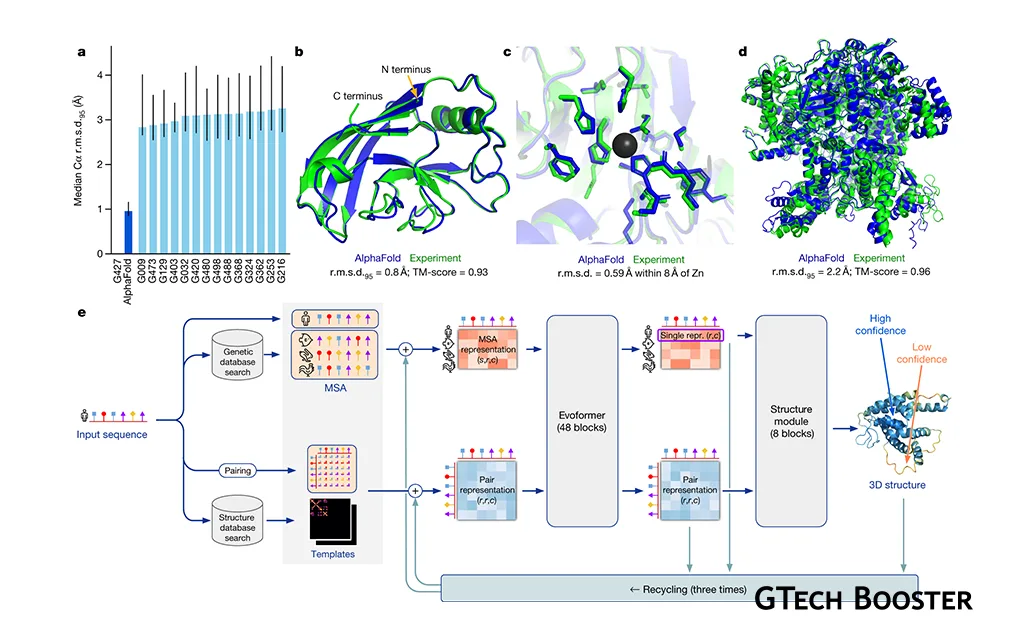
The acquisition by Google provided DeepMind with access to substantial computational resources, further accelerating its progress in AI research and development. This union also facilitated the collaboration of two leading AI teams, Google Brain and DeepMind, into a single, focused team, led by DeepMind’s CEO, Demis Hassabis.
This consolidation of talent and resources, backed by Google’s computational capabilities, significantly accelerated the progress of AI at DeepMind, leading to further advancements and breakthroughs in the field.
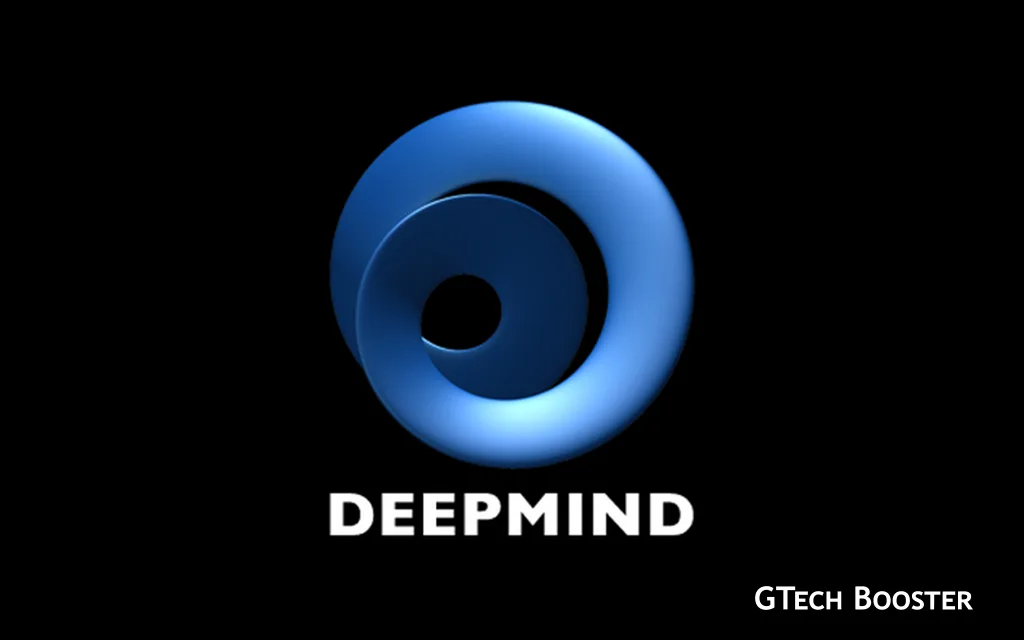
In April 2023, DeepMind merged with Google AI’s Google Brain division to form Google DeepMind.
After becoming Google DeepMind
After becoming Google DeepMind, the company continued to focus on AI research and development, with a particular emphasis on artificial general intelligence (AGI). Google DeepMind was formed by merging DeepMind with Google AI’s Google Brain division. This merger aimed to accelerate work on AI in response to the growing competition from other AI companies, such as OpenAI and its ChatGPT.
Google DeepMind has introduced several significant AI models, including WaveNet, WaveRNN, WaveNetEQ, Hawk, and Griffin. These models have contributed to advancements in natural language processing and have been utilized in products such as Google Assistant and Google Duo. The organization’s CEO, Demis Hassabis, leads the development of their most capable and responsible general AI systems, with a focus on powering the next generation of products and services.
Ethical and Societal Focus
In addition to its technical advancements, Google DeepMind has also established an artificial intelligence ethics board and a unit called DeepMind Ethics and Society. These initiatives are focused on addressing the ethical and societal questions raised by artificial intelligence. The organization is committed to being thoughtful about how AI is built and used and aims to help anticipate and prevent a broad spectrum of AI-related risks.
The known Yikes of Google DeepMind
Google DeepMind has faced challenges in transitioning from research to real-world applications, as seen with the DeepMind Health partnership with the Royal Free NHS Trust. Where Google DeepMind faced privacy concerns and legal challenges related to data sharing. Additionally, Google DeepMind has been involved in legal disputes related to its advertising practices.
Google DeepMind faced a setback with its Gemini image generator, which produced historically inaccurate images, leading to a pause in its access. The organization’s CEO, Demis Hassabis, addressed this issue and expressed the company’s intention to relaunch the image generator after resolving the concerns.
Google DeepMind Mission
Google DeepMind’s core mission is to:
- Advance the field of AI: The company focuses on AI research and development, with a particular emphasis on artificial general intelligence (AGI).
- Benefit humanity: Google DeepMind strives to solve complex problems and drive innovation that can positively impact society.
- Research and build safe AI systems: The company emphasizes the importance of developing AI responsibly and ensuring that it is used for the benefit of humanity.
Despite these challenges, Google DeepMind continues to grow and develop new AI applications, with a focus on improving various aspects of Google’s products and services. Despite these challenges, the company’s team has grown rapidly to over 700 employees, with 400 of them holding PhDs. Google DeepMind continues to develop new AI applications, with a focus on improving various aspects of Google’s products and services.
